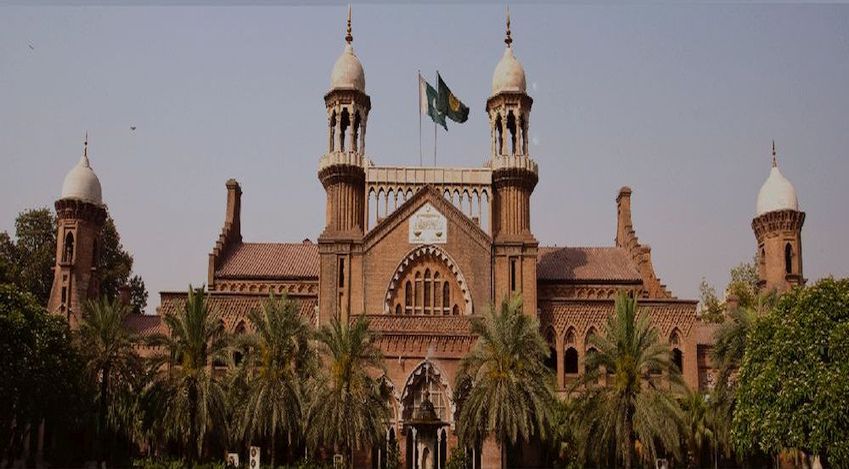The Creditor can proceed against the surety without exhausting remedies against the Principal debtor --- Lahore High Court
Islamabad 05-08-2024: The Lahore High Court has dismissed an appeal in the case of [RFA 676-2021], upholding the Lower Court's decision that held the appellant liable as a surety for a dishonored cheque issued in connection with a car purchase agreement. The Court reaffirmed the principles surrounding surety liability and the presumption of validity of negotiable instruments under Pakistani law.
The case originated from a suit filed by respondent against the appellant for the recovery of Rs. 15,00,000/- under Order XXXVII of the Civil Procedure Code, 1908. The suit was based on a dishonored cheque issued by the appellant, who had acted as a surety for Ali Adnan, the principal debtor, in a car purchase agreement.
The Trial Court ruled in favor of respondent, decreeing the recovery of Rs. 15,00,000/- with costs from appellant. Both parties subsequently filed appeals against this decision.
The appellant argued that his liability as a surety required prior adjudication of the principal debtor’s liability and that the principal debtor was a necessary party to the suit. Conversely, respondent contended that the appellant had issued an independent instrument (the cheque), which carried a presumption of correctness and valid consideration under Section 118 of the Negotiable Instruments Act, 1881.
The Lahore High Court upheld the Trial Court's decision, citing several legal principles. The Court reaffirmed that the liability of the surety is co-extensive with that of the principal debtor, as per Section 128 of the Contract Act, 1872. The Court emphasized that a cheque as a negotiable instrument carries a presumption of correctness and valid consideration under Section 118 of the Negotiable Instruments Act, 1881.
The Court held that a creditor can proceed against the surety without exhausting remedies against the principal debtor, supported by case law such as "Sukur Pradhan v. Orissa State Financial Corporation" and "The Bank of Bihar Ltd. v. Dr. Damodar Prasad." The Court clarified that mere forbearance on the part of the creditor to sue the principal debtor does not discharge the surety, as per Section 137 of the Contract Act, 1872. The Court found that subsequent agreements did not rescind earlier agreements or release the surety from liability unless explicitly stated.
The Court dismissed appellant's appeal as meritless and imposed additional costs of Rs. 2,50,000/-. The respondent's appeal (R.F.A. No. 63163 of 2020) regarding interest was dismissed as not pressed. The Lahore High Court's decision reinforces the legal principles surrounding the liability of sureties and the presumption of validity of negotiable instruments, providing clarity and precedent for future cases involving similar issues.
Powered by Froala Editor








